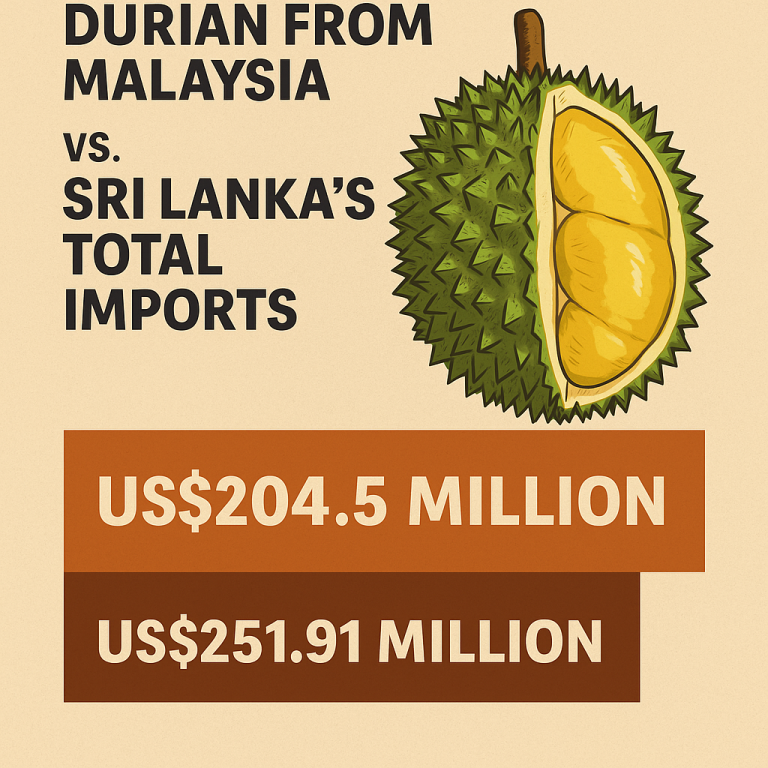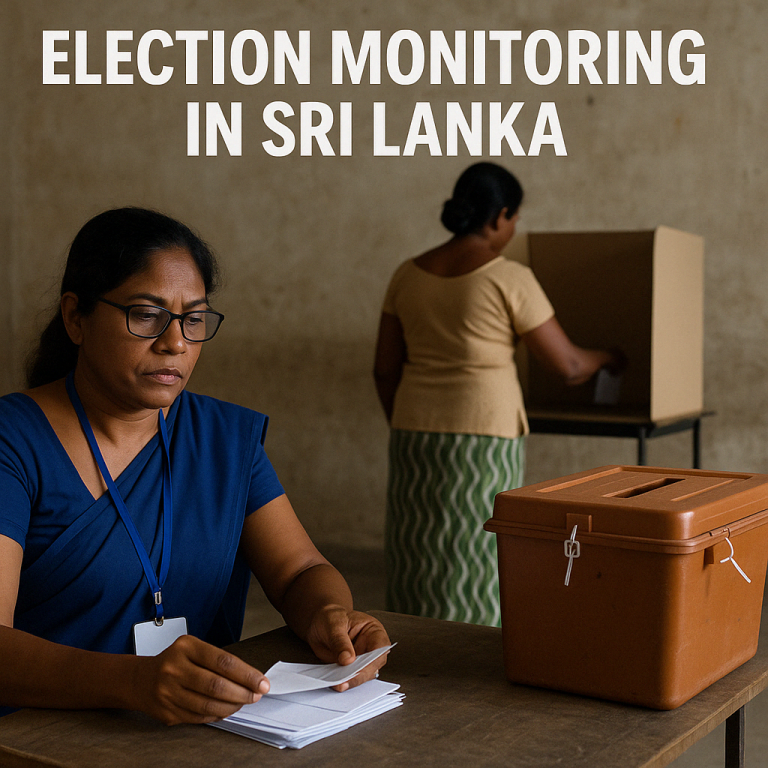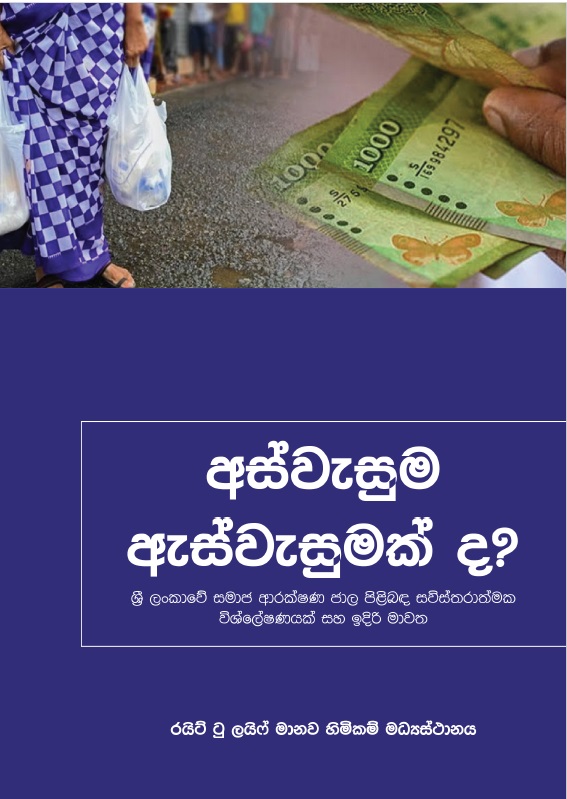Ajith Parakum
Sri Lanka faces significant challenges in bringing escaped criminals back to the island to face justice. As many as 45 Sri Lankan criminals, red-noticed by Interpol, are currently stationed overseas, mostly in the United Arab Emirates (UAE), where they continue to orchestrate organized criminal activities back home. The complexities of this issue lie in a combination of legal barriers, human rights concerns, and systemic flaws within the country.
Legal Barriers and Extradition Treaties
One of the primary hurdles in repatriating these criminals is the patchy network of extradition treaties. While Sri Lanka has treaties with several countries, including India, the United States, and the UAE, significant gaps remain. The absence of comprehensive agreements with key countries hampers the extradition process. Even where treaties exist, the conditions attached, such as safeguards against human rights abuses, complicate the proceedings.
Human Rights Concerns and International Cooperation
Human rights concerns significantly impact extradition efforts. Reports of illegal killings and police brutality in Sri Lanka have raised alarms internationally. Incidents of custodial deaths, such as those involving suspects dying under suspicious circumstances while in police custody, have led to a tarnished reputation for Sri Lankan law enforcement. These concerns make other countries hesitant to extradite suspects, fearing potential human rights violations upon their return.
Makandure Madush, a notorious Sri Lankan drug lord, was arrested in Dubai in February 2019 during a police raid that led to the detention of several other suspects involved in organized crime. Makandure Madush was extradited to Sri Lanka in May 2019 following his arrest in Dubai; after facing multiple charges related to drug trafficking and organized crime, he was detained under strict security measures and was later killed in a police shootout in October 2020.
For instance, recent investigations into a shooting incident in Athurugiriya revealed that notorious criminal Kanjipani Imran, hiding in Dubai, masterminded the attack. Imran, along with other criminals like Loku Patty and Gonakovile Shantha, continues to evade capture by exploiting these legal and human rights complexities.
Recent Extradition Successes
Despite these challenges, there have been notable successes in recent months. Sri Lankan authorities, in collaboration with Dubai officials, have managed to arrest and extradite several criminals. Notable figures like Dinesh Samantha de Silva alias “Babi” and Kankanamlage Dimuthu Chaturanga Perera alias “Samitpura Chathu” were repatriated to Sri Lanka. Similarly, Hapuarachchige Don Piyum Hastika alias “Piyuma” and notorious drug trafficker Ruwan Jayasekara alias “Midigama Ruwan” were extradited based on Interpol warrants.
Nadun Chinthaka, aka Harak Kata, is a notorious Sri Lankan underworld figure and drug trafficker. He has been involved in multiple murders, robberies, and transnational drug trafficking. Harak Kata was arrested in Madagascar in March 2023, along with his accomplice Kudu Salindu, in a joint operation by Interpol and Malagasy authorities. Subsequently, he was extradited to Sri Lanka, where he faced multiple charges and was detained under strict security measures. Harak Kata also made headlines for attempting an escape from the Criminal Investigation Department (CID) custody, further highlighting the challenges Sri Lankan authorities face in dealing with high-profile criminals.
Systemic Issues and Corruption
Corruption within Sri Lanka’s law enforcement and judicial systems exacerbates the problem. Criminals often exploit these weaknesses to escape justice. Bribery and inadequate surveillance facilitate their flight to countries with more lenient or non-existent extradition agreements with Sri Lanka. Additionally, the lack of a centralized and efficient criminal database hampers coordinated efforts to track and apprehend these fugitives.
Moving Forward
To address these challenges, Sri Lanka needs to enhance its legal and institutional frameworks. Expanding and strengthening extradition treaties, improving human rights practices, and combating corruption are critical steps. Modernizing criminal databases to facilitate better coordination among law enforcement agencies can also help track and apprehend fugitives more effectively.
Strengthening diplomatic efforts to foster international cooperation and trust is equally important. By addressing these systemic issues, Sri Lanka can improve its justice system’s integrity and ensure that escaped criminals are brought back to face justice, thereby safeguarding national security and public order.
Conclusion
The issue of repatriating escaped criminals highlights the intricate balance between legal frameworks, human rights concerns, and systemic integrity. While recent successes in extradition demonstrate progress, Sri Lanka must continue to address underlying issues to ensure justice is served.







